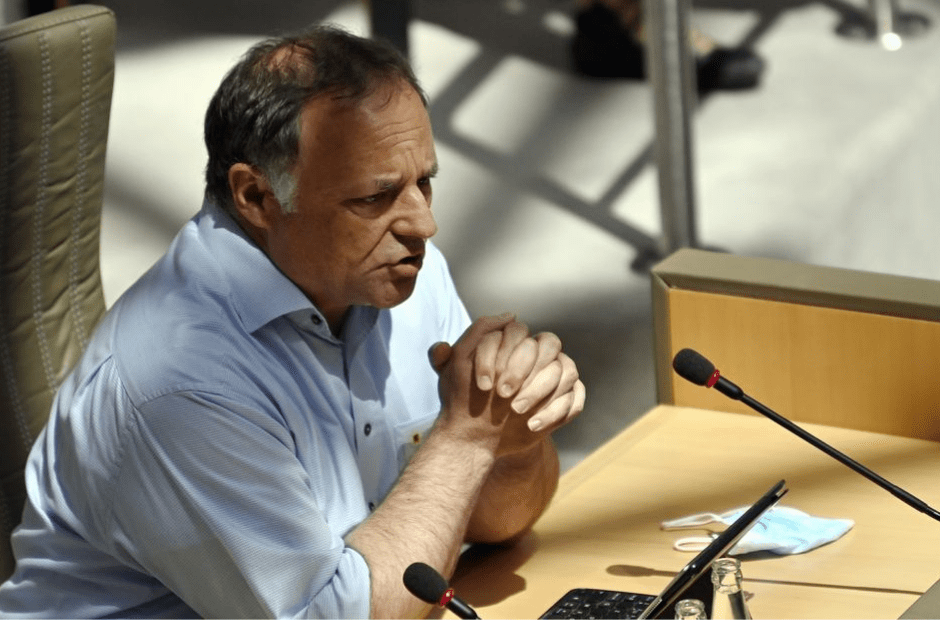Belgium's move to a temporary new coronavirus testing strategy is something that never should have happened in the first place, according to virologist Marc Van Ranst (KU Leuven).
From today until at least 15 November, people without Covid-19 symptoms will no longer be tested after authorities made some changes to the guidelines. These changes are part of an effort to make up for dwindling supplies of test material, reduce too-long lines at testing centres and take some of the pressure off of laboratories.
To Van Ranst, however, Belgium's mounting caseload is something that could have been avoided, especially in light of the country's high testing capacity.
"We should never, ever have ended up in this situation where we have 10,000 to 12,000 new cases a day. That is the problem. We could have avoided this," he said on Tuesday evening on ‘De Afspraak’. "The fact that we now, unfortunately, have to switch back is only because we now have so many cases."
Related News
- Explaining Belgium's new Covid-19 testing strategy
- Belgium is yet to hit peak infections, experts warn
"We eased up when we didn't hear it and people have been reassured for far too long. Some people said there was no second wave," he added.
Up until now, Covid-19 tests were intended for people who showed symptoms of being infected with coronavirus, and for people who had a so-called high-risk contact. From today, however, the latter will instead be asked to quarantine, for ten days, and not given a test.
We're going blind
There is also an inherent risk in the new strategy's reliance on the level of trust required by the new measures, Van Ranst explained.
"We're going blind for a bit. We're going to have to trust that people will go into quarantine. People with an obvious risk contact will go along with that, but what about the peripheral cases? Among the people without symptoms, we still find a 10% positive. So we're not going to find them now. Then you have to hope that they will remain in quarantine."
Infection numbers will also drop as a result of the changes, warned the virologist. "Keep an eye on the number of hospitalisations," he warned.
Jules Johnston
The Brussels Times

